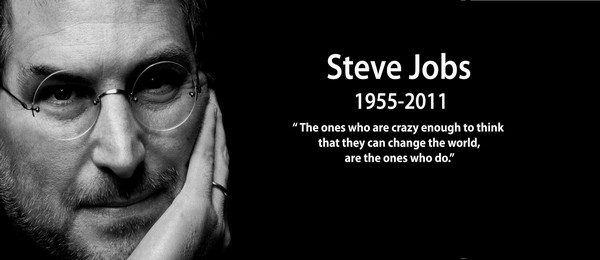
Aristotle, mashed up
The best philosophy? How would one argue for such a thing? Best tout court,
for me, for us, for future generations? And how to compare? Do you
prefer G.E. Moore’s naivety, or Hume’s scepticism? The astringency of
Wittgenstein or the grand architecture of Kant? The deep obscurity of
Hegel or the shallow obscurity of Heidegger? Logic or ethics,
metaphysics or aesthetics or language? Do you want to open your mind, or
impress your girlfriend?
But recast the question as one of personal preference, and it is equally absurd. This isn’t a farmer’s market, or a pick-and-mix sweet stand. You can accessorise with philosophy, or even with a philosophy. But you don’t choose a personal philosophy; it chooses you. Or rather, since there is no real choosing to speak of, you and it evolve together. And anyway, it’s not just about you, unless you’re doing it wrong.
And it’s always a mash-up. For me, that mash-up begins with Aristotle and ends with the greatest philosopher no one’s ever heard of, the American pragmatist C.S. Peirce. This being a family magazine, we can leave Peirce for another time. But Aristotle is the mutt’s proverbials: the philosopher-scientist who first drags man away from Platonic abstraction and back into the world, as a social animal.
That means reflection on what is given to us: on the earth, on human society, on humans as individuals and as a species. Knowledge is not elevated into some mystical access to an idealised world of "forms", but grounded in the study of the actual world as it is. The basic ethical question of how we are to live is answered not through a priori reflection, but through a rooted understanding of how we in fact do live, and of the institutions that give our lives point and purpose.
The result is a philosophy which is anti-ideological, and anti-individualistic. Virtue is understood not simply in terms of abstract moral universals, but as a disposition shaped by habit and culture and tradition. Change is seen as necessary, organic and gradual, not as innately desirable and disjointed from the past. Individual arrogance is replaced by a Burkean spirit of humility and respect for others, for society and for the world. Freedom becomes not the mere absence of constraint, but a positive capacity afforded by society for an individual to flourish. It’s a beguiling picture; at least it has beguiled me.

0 comments:
POST A COMMENT